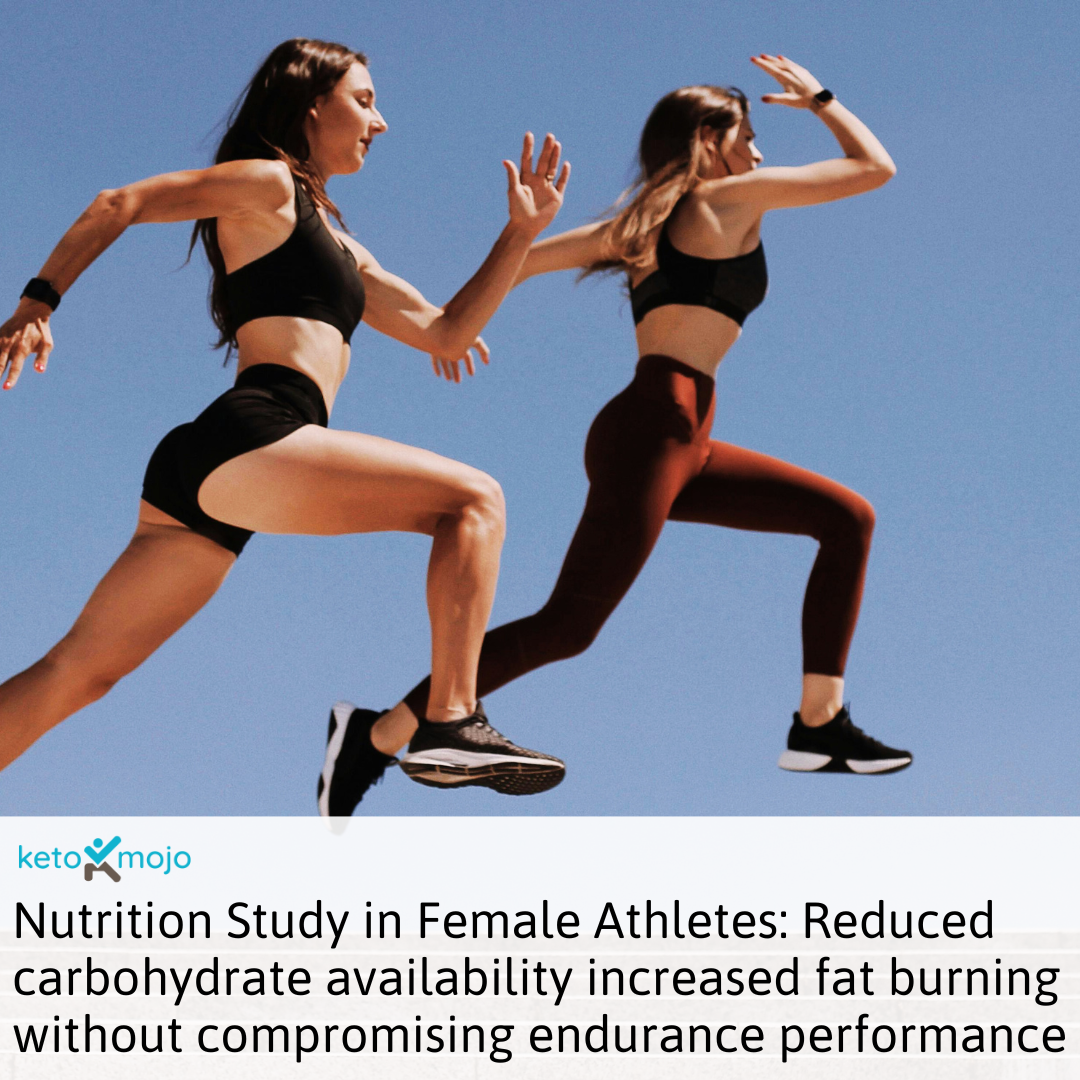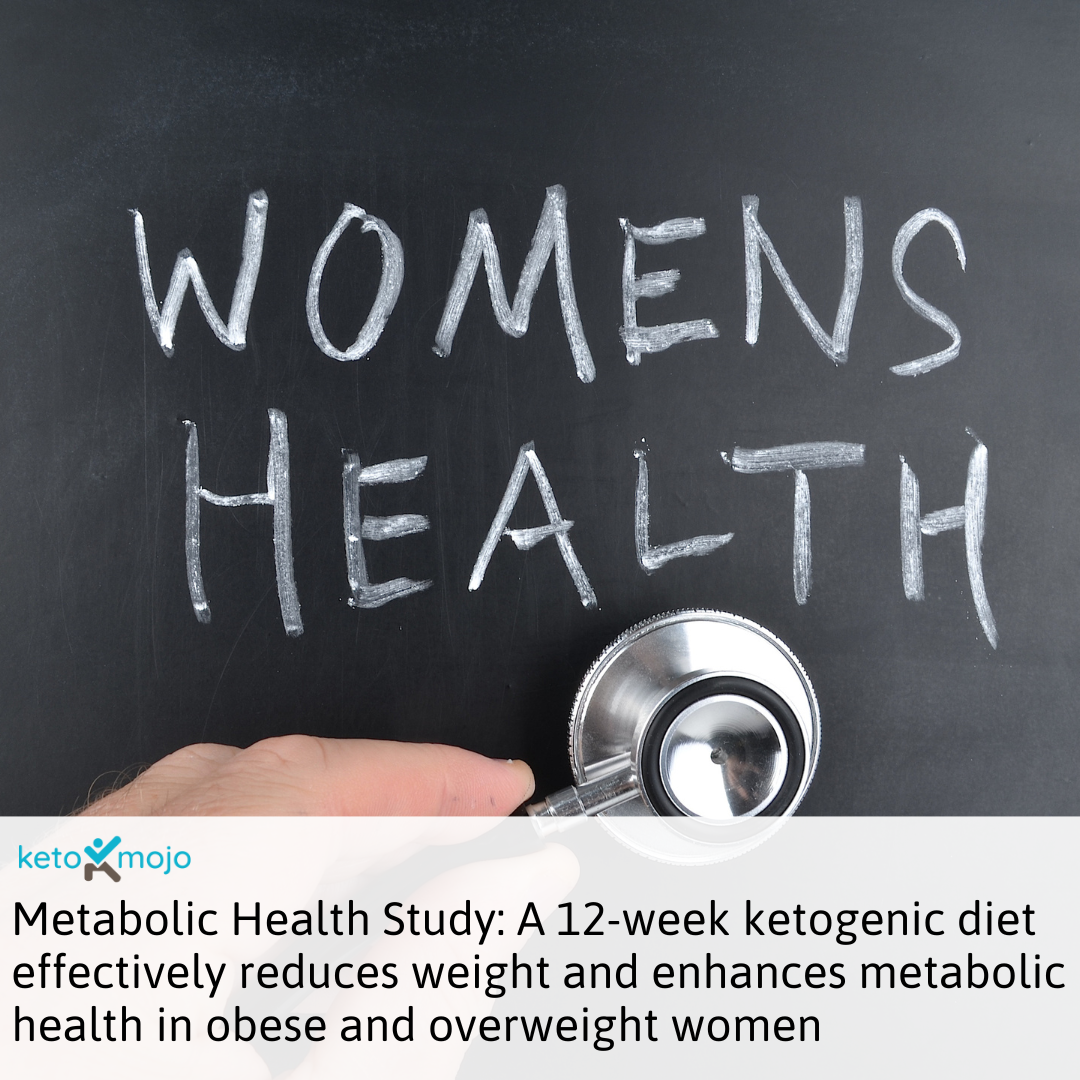General Health
Ketosis Suppression and Ageing (KetoSAge) Part 2: The Effect of Suppressing Ketosis on Biomarkers Associated with Ageing, HOMA-IR, Leptin, Osteocalcin, and GLP-1, in Healthy Females

Part 2 of a recent clinical trial has been published, focusing on how short-term suppression of nutritional ketosis (NK) affects aging-related metabolic health markers and overall metabolic flexibility in lean, healthy premenopausal women who had been maintaining NK for over three years.
The women underwent three 21-day phases: nutritional ketosis, suppressed ketosis (following standard U.K. dietary guidelines and consuming >200 g of carbohydrates daily), and a return to nutritional ketosis. Adherence to each phase was confirmed with daily blood ketone testing.
The results of the study were published in two separate papers. In Part 1, aging biomarkers and anthropometrics were evaluated at the end of each phase. Part 2 examined additional biomarkers associated with chronic diseases and aging.
Results after suppressed ketosis phase:
Part 1:
→ Weight: Increased by 5.9 lbs (2.67 kg)
→ Fat mass: Increased by 3.7 lbs (1.67 kg)
→ Insulin: Increased 1.78-fold
→ IGF1: Increased 1.83-fold
→ Glucose: Increased 1.17-fold
Part 2:
→ PAI-1: Increased 1.25-fold
→ HOMA-IR: Increased 2.13-fold
→ Leptin: Increased 3.35-fold
→ Total osteocalcin: Increased 1.63-fold
→ Uncarboxylated osteocalcin: Increased 1.98-fold
→ Beta-hydroxybutyrate: Decreased 13.50-fold
→ GLP-1: Decreased 2.40-fold
All biomarkers reverted to baseline and weight trended back toward baseline after ending the suppressed NK phase.
The results indicate that short-term suppression of nutritional ketosis led to unfavorable changes in several metabolic markers, suggesting a shift towards hyperinsulinemia and inflammation. However, returning to NK restored all biomarkers to baseline levels, demonstrating that long-term NK supports metabolic flexibility without adverse effects and may support healthy metabolic aging in women.






